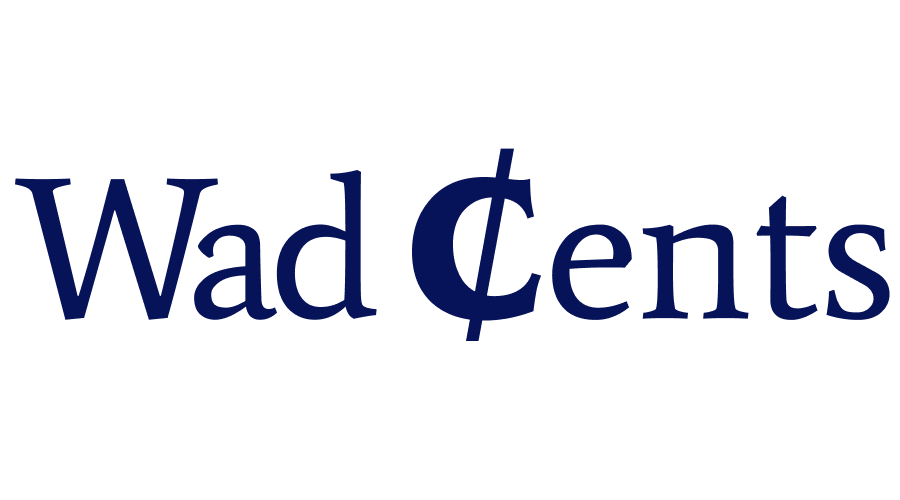A retirement plan is a great way to stash up savings for your retirement days. Furthermore, if you are a student, it gives you an upper hand since your retirement days are still far off.
However, if you are an international student studying in the U.S., you may wonder whether a 401(k) is a good option for you, and if you are eligible to participate in this employer-sponsored retirement plan.
In this article, we will discuss what a 401(k) is, how a foreign student can determine if they are eligible for a 401(k), and the tax implications of a 401(k) for non-US citizens.
Let’s get right into it.
What is a 401(k)?
A 401(k) is a savings plan that you save for retirement by setting aside a portion of your paycheck. If you have a 401(k) plan, you can start contributing to the plan, and collect any match offered by your employer.
When you have a 401(k), you contribute a portion of your pre-tax earnings into the account. You can then invest the money in several investment options such as stocks, mutual funds, and bonds. Over time, these investments grow, generating returns and building a sufficient nest egg that can help you meet your needs in retirement.
Is a 401(k) Available to International Students?
As an international student and a non-US citizen in the U.S., you may be allowed to open and contribute to a 401(k) account. However, to open a 401(k) account, you will need either an SSN (Social Security Number) or an ITIN (Taxpayer Identification Number). These identification numbers are essential for tax reporting purposes.
Furthermore, not all employers in the U.S. offer 401(k) plans to their employees. The availability of a 401(k) plan depends on your employer’s policies. Check with your employer to determine whether this retirement savings option is on the table for you.
Is 401k Good for International Students?
Before you decide to open a 401(k) plan, you first need to know the perks it offers you. Here are the benefits you could get as an international student by having a 401(k) plan:
You can build yourself long-term wealth
When you have a 401(k) plan, you make monthly contributions and still receive an employer’s matching contribution if your employer offers it. These contributions, along with your investment returns, compound over time, leading to significant growth of your money in the 401(k) account. Therefore, compound interest grows your money and makes your savings substantial for your retirement.
You will enjoy tax benefits
One of the best parts of having a 401(k) is the potential for tax benefits. Your contributions to a 401(k) are pre-taxed, which reduces your taxable income. Therefore, you pay less income tax during your working years.
Furthermore, the investments in your 401(k) grow tax-deferred, meaning you won’t owe taxes on any gains you make in your 401(k) until you start making withdrawals after retirement. The tax deferral can provide you with a significant financial advantage.
You may get employer matching contribution
Many employers in the U.S. sweeten the deal by offering matching contributions to their employees’ 401(k) plans. Meaning that for every dollar you contribute, your employer may match a certain percentage. Employer matching can significantly accelerate your retirement savings. It’s like getting a bonus from your employer to fund your retirement.
Who Should Consider a 401(k) as an International Student?
No matter where you are from, as long as you live and work in the U.S., you can access a 401(k) plan.
However, although 401(k) offers a lot of advantages that might seem tempting, it might not be the best option for everyone.
As an international student, this is what you should consider before you get a 401(k).
How long do you plan to stay in the U.S.?
First, you must consider how long you plan to stay in the U.S. If you are planning a long-term stay, a 401(k) would be a great way to plan for your retirement. However, if you are sure you aren’t staying in the country for too long, a 401(k) may not be the best option for you; you can consider opening an IRA with a brokerage, but you will have a lower contribution limit than with a 401(k) plan.
Your source of income
Before you decide to take a 401(k) plan, you should have a steady source of income. A steady income helps you get the contributions you need for your 401(k). When your contributions are consistent, your savings grow faster. However, some types of income such as stipends earned as a PhD student may not qualify as eligible compensation for 401(k).
Your financial plan
As you plan your future, it is essential for you to make a financial plan for yourself. A financial plan helps you organize your income and helps you divide it to fit your needs. Additionally, a financial plan also includes the long-term financial goals you have. If saving up for retirement fits into your financial plan, then you are the best candidate for a 401(k).
Your eligibility to get a 401(k)
The last thing you should consider is whether you are eligible to have a 401(k) account. If you have all the requirements for a 401(k), like an SSN or an ITIN, it is worth exploring the idea of a 401(k) account.
How to Open a 401(k) Account as an International Student
Once you are sure you want to open a 401(K) account, you can now start the process. Here is how you get started with opening a 401(k) account:
Secure an SSN or ITIN
First, ensure you have a valid Social Security Number (SSN) or an Individual Taxpayer Identification Number (ITIN). While opening a 401(k), you will need these identification numbers for tax reporting.
Check with Your Employer
If your employer offers a 401(k) plan, inquire about the enrollment process and employer matching contributions. However, if your employer doesn’t offer a 401(k), you may need to explore other retirement savings options.
Enrol and Start Contributing
If your employer provides a 401(k) plan, enroll in the program and start making contributions. Many employers offer automatic payroll deductions, making it easy for you to save.
How Are 401(k) Withdrawals Taxed for Non-US Citizens?
When you have a 401(k) account as an international student, you need to understand the tax you will owe when you make a withdrawal from your 401(k). The taxation of 401(k) withdrawals for non-US citizens can be complex and depends on several factors, including tax treaties between the U.S. and your home country. Here’s an overview of the key considerations:
Withholding tax
Withdrawals by non-US citizens are subject to a 30% withholding tax rate. However, this rate can vary based on your home country’s tax treaty agreements with the United States.
Tax treaties between the US and your home country
The U.S. has tax treaties with many countries worldwide. These treaties can affect the withholding tax rate, exemptions, and other tax-related matters. You need to know whether there are any treaty agreements between your home country and the U.S. since it might give you an edge on taxation.
Taxation in your home country
You may also be subject to taxation in your home country on the income generated from your 401(k) withdrawals. The taxation rules in your home country can vary widely. Therefore, consider talking to a tax expert who understands international tax laws to help you understand any taxes you might be liable to pay.
Accuracy in tax reporting
Properly reporting your 401(k) withdrawals and complying with tax regulations in both the U.S. and your home country is essential to avoid legal issues and minimize tax liabilities. If you have any irregularities or you do not report your 401(k) withdrawals the right way, you may face harsh penalties.
Conclusion
A 401(k) can be a valuable savings tool for international students studying in the United States. You will be able to plan for your retirement days with a healthy stash of cash for yourself.
However, you need to understand how a 401(k) works for you as an international student, paying attention to the advantages and disadvantages that come with having the plan. Remember, each student’s situation is different, and what works for someone else may not work for you.


